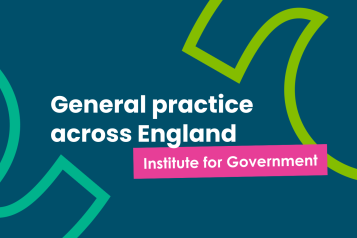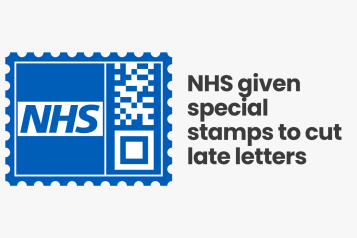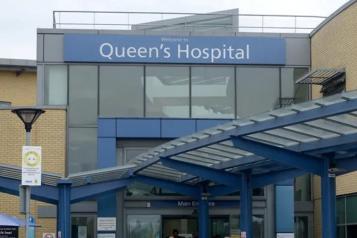The Fight for Accessible Healthcare: RNID

New research from the Royal National Institute for Deaf People (RNID) has found that half of sign language users do not understand diagnoses, or how their treatment works.
The RNID survey of more than 1,300 people in the UK who are deaf or have hearing loss found that almost one in 10 had avoided calling an ambulance or attending A&E due to a lack of suitable communication support, and a quarter had avoided seeking help for a new health concern.
- 69% of respondents say they have never been asked about their information or communication needs.
- 25% of respondents say they are not able to contact their GP in way that is accessible to them, this figure rises to 49% of sign language users
- Only 56% of respondents say they leave NHS appointments feeling they have fully understood the information given about their health, while over a third (34%) say they do not
Crystal Rolfe, the director of strategy at RNID, said: “Imagine not being able to understand a cancer diagnosis, or having to rely on a family member to tell you that you’re seriously ill or even dying.
The horrifying truth is that too many deaf people in England today don’t have to imagine it – it’s happening to them in real life."
Under the Equality Act, health services must make “reasonable adjustments” to remove barriers faced by people who are deaf or have hearing loss when accessing care. This could include things like access to a BSL interpreter or providing alternatives to the telephone for contacting services.
The RNID investigation found that less than a quarter (24%) of NHS staff say they can always meet the information and communication needs of patients who are deaf or have hearing loss.
Louise Ansari, chief executive at Healthwatch England, said: “Everyone should receive healthcare in a format they can understand. People who have sensory impairments and learning disabilities have been waiting too long for the NHS to meet their communications needs, which are underpinned by the Equality Act.
“We have asked the government to strengthen legislation to ensure the NHS fully complies with the standard and we urge ministers to publicly confirm their commitment to address this important equality, safety, communication and patient experience issue.”
Our work on the Accessible Information Standard
We have championed the use of the Accessible Information Standard (AIS) in health and care provision for over a decade. Working with our local authority and ICS to review the current provision of accessible information for people with communication support needs we listen to local people’s experiences to understand if services are doing what they are supposed to.
"It's been 25 years... I don't think it will change. How would you feel if you had the same story and you had to tell it time and time again."
Local people have told us about their experiences, expressing frustration and disappointment at the barriers they face to getting the information about their health and care in ways they can understand.
We take this feedback directly to decision makers and advocate for change.


